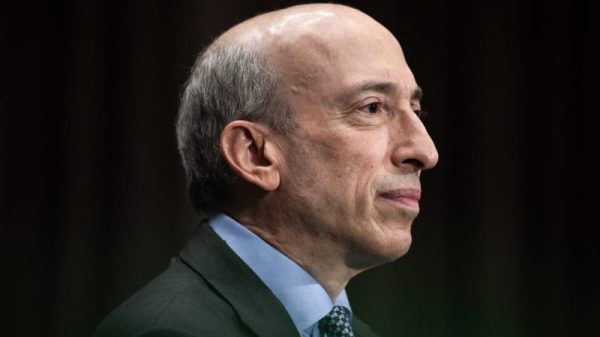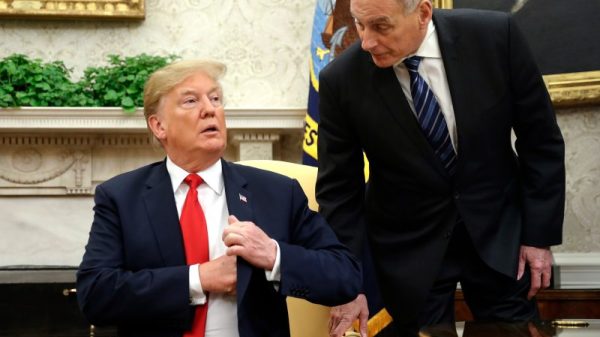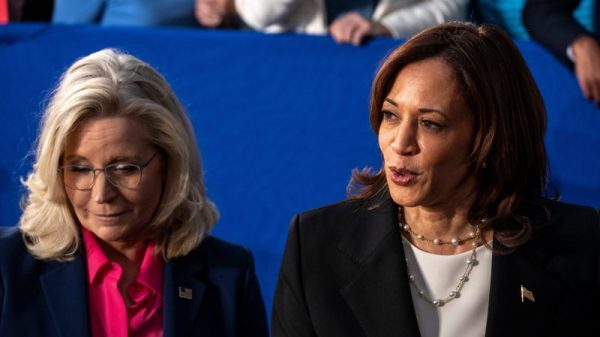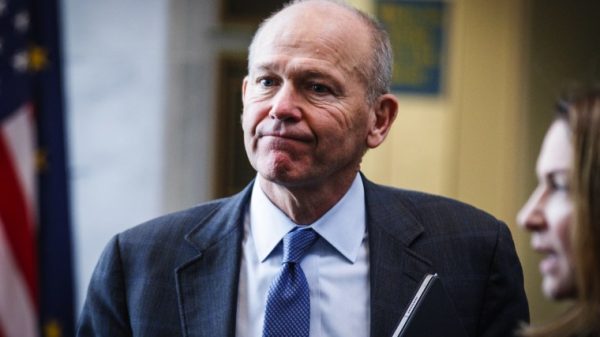 Democratic leaders have an opportunity to empower younger leaders within their party but this transition can be challenging due to factors such as respect for established leaders, strategic party planning, and the needed experience for the position. Here are several ways they might successfully ‘pass the torch’:
Democratic leaders have an opportunity to empower younger leaders within their party but this transition can be challenging due to factors such as respect for established leaders, strategic party planning, and the needed experience for the position. Here are several ways they might successfully ‘pass the torch’:
1. Mentorship Programs: Established leaders can mentor the younger generation on how to navigate the political landscape. This experience could provide younger leaders with the required knowledge and confidence to take over the reins.
2. Inclusion in Key Decisions: Younger leaders should be included in strategic decisions and policy-making processes. This will not only prepare them for future roles but will also signal their importance within the party.
3. Give Them Platform: Encourage younger members to speak openly about their vision and goals at party gatherings, conferences, etc. This will help them gain recognition and build trust among party members and the public.
4. Divide Responsibilities: Gradually delegating responsibilities will enable younger leaders to prove their capabilities and skills while still having the reassurance of senior guidance.
5. Encourage Innovation: Emphasizing the importance of fresh ideas and innovation may help motivate younger leaders to take the initiative and propose new strategies.
6. Prioritize Diversity: Actively seeking diversity not only in race, gender, and background but also in age can rejuvenate the party and be representative of all its supporters.
The ‘passing of the torch’ can be a sensitive issue within any organization, not just political parties. It must be carried out thought



































